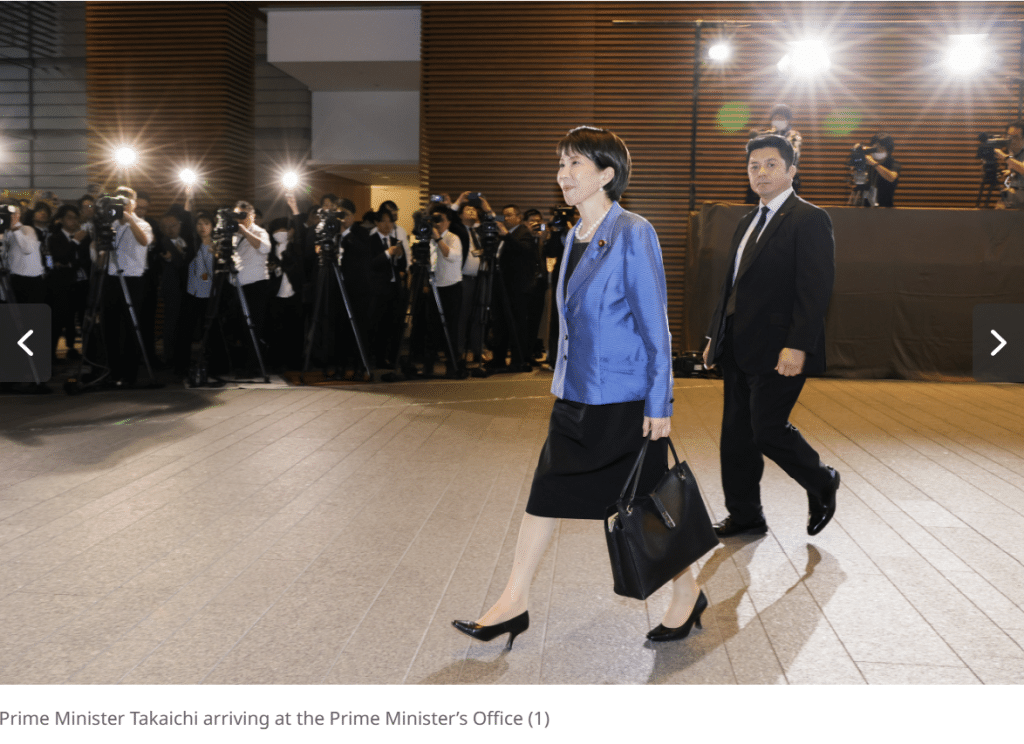China’s Foreign Friends Hope For ‘Green Cards’
Nigel Jones, 51, a British who has been working in China for 15 years, hopes tobecome a permanent Chinese resident.
Director of the international program at a pre-school in southwest China’s Chengdu, Sichuanprovince, Jones married a Chinese woman eight years ago and is a father to two boys.
“I want to be able to settle down, without having to worry about renewing my visa every year,”Jones said.
Jones is one of 98 foreign Chengdu spouses in WeChat group “Chengdu Dads.” Many othermembers of the group are in a similar situation, so last week’s news about a more openpermanent resident application process may have brought them some cheer.
The new process promises better services, including more flexible criteria, a simplifiedapplication and shorter approval time.
It sounds encouraging but, “it is also important to see how they carry it out,” Jones said. Heapplied for permanent residence in 2012 but has not received a result.
“Every time I asked about it, they say there is no problem, but after three years, they told methere was a record on my files which has delayed my application,” Jones said.
A Chinese green card is one of the hardest to obtain with only around 5,000 issued since2004, when the policy was introduced. That compares with about 600,000 foreigners currentlyliving in China.
Without a green card, foreigners have problems purchasing real estate, applying for creditcards and buying financial products.
“Without a permanent resident permit we are always treated as a ‘Lao Wai’ (foreigner),” saidMichael Dann, an Australian who has been working in Hefei, Anhui Province for 11 years. Hehas a cafe in the city and said the biggest inconvenience for him is the annual $50,000 limiton remitting overseas from China. The lack of specified guidelines for foreigners to apply forvisas and certificates in China only adds to the inconvenience.
Trevor Manetoa, a New Zealander and another Chengdu Dad, said for financial security forhim and his family he needs a more open residency policy. “I don’t want a long distancerelationship with my family and I wouldn’t be able to support them without being here inChina,” he said.
Despite the easing, the green card is still limited. According to the bureau of foreign experts’affairs in Anhui, there are only about 100 foreigners in the province who have obtained greencards.
Professor Cho Sung-hye from the Republic of Korea has been working in Hefei University fornearly 20 years. Having made contributions to local education and employment and thecommunication between the Chinese and ROK governments, Cho is one of the lucky greencard holders. She regards the permanent residency permit an honor.
Meng Ping, manager of the Golden Apple kindergarten in Chengdu, hopes that the thresholdfor permanent residency can be lowered even further.
Her kindergarten now employs 51 foreign teachers, but due to visa restrictions, only a few ofthem stay in the long-term.
“Besides universities and national core industries, fundamental education also needs foreigntalent, and hopefully one day they will be able to stay in China without having to worry abouttoo many things,” she said.
For Nigel Jones, no green card means no clear future. He is hoping a stable home is not too far in the future.
Feb. 24, 2016 on China Daily
Read more here








